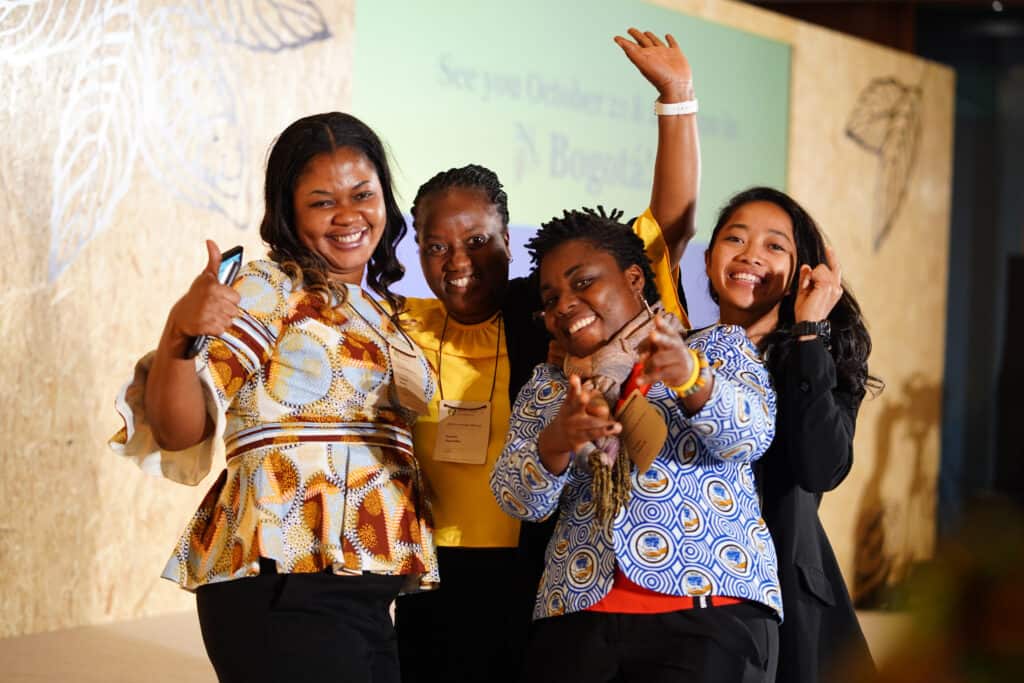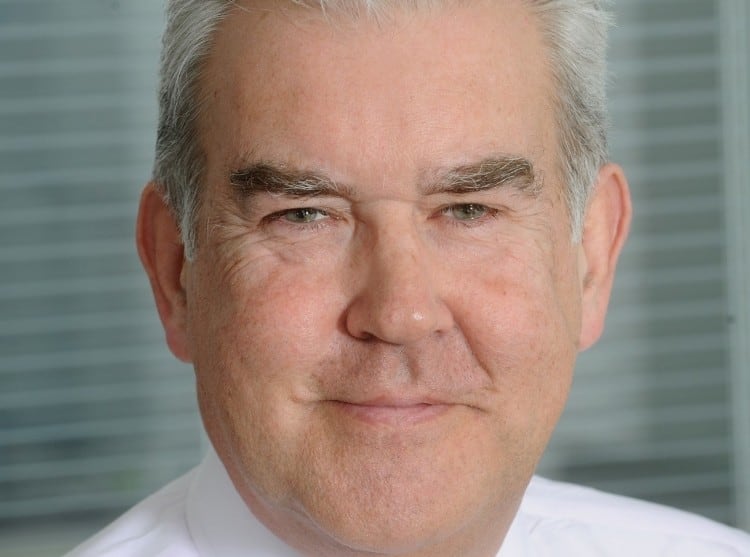On the eve of the gathering, the WCF has announced that Chris Vincent, the Foundation’s Senior Vice President for Programmes, has been named President after a period as interim President. The WCF’s previous president, Martin Short, left the organisation earlier this year after less than 12 months in the role.
“I am excited about becoming the new President of the World Cocoa Foundation and look forward to working with our partners in government, industry, civil society and farming communities to increase the pace at which we bring greater sustainability to the cocoa sector,” said Vincent.
The WCF annual meeting prides itself on attracting high-level delegates and speakers, but according to reports, senior government figures from Cote d’Ivoire and Ghana will not be travelling to Brussels for this year’s Partnership Meeting.
Cote d’Ivoire and Ghana are responsible for producing over 70% of the world’s cocoa beans with some farmers in the region earning less than a dollar a day, according to Fairtrade. Both countries informed the organisation they are boycotting the event due to pricing issues.
"The chief executive is not attending the World Cocoa Foundation (WCF) meeting in Belgium and none of the executives at COCOBOD will be there," Fiifi Boafo, spokesman for COCOBOD, Ghana's cocoa regulator, told Reuters.
Yves Brahima Kone, the director general of Cote d’Ivoire’s Coffee and Cocoa Council (CCC), also said he would not attend the WCF meeting or any other industry meetings in protest.
"The major chocolate brands have resisted and tried to find means to circumvent payment of the LID," said COCOBOD's Boafo, accusing multinationals of waging a ‘silent war’ against the farmers' premium.
"A direct rejection of the LID would give brands bad publicity since the LID represents the economic pillar of sustainability, therefore erosion of the origin differential was the easier target," he said.
The origin differential, an additional premium paid for the quality and reliability of cocoa beans and the Living Income Differential is a fixed amount of $400 agreed on for every tonne of cocoa sold by the two countries.
Ghanaweb.com reported that in July, both regulators said they would no longer sell cocoa with a negative origin differential, fixing it at zero for Cote d’Ivoire and at +20 pounds sterling ($22) per tonne for Ghana.
The two regulators did not name individual companies in their comments.
Kone also claimed that sustainability programmes launched by companies in 2008 and aimed at tackling issues such as child labour have benefited companies more than farmers. The two premiums paid on Ghana and Cote d’Ivoire cocoa beans are supposed to help alleviate farmer poverty and improve transparency in the supply chain.
Cocoa partners gather face-to-face for first time in three years
Meanwhile, the leading global event on cocoa sustainability returns for a two-day gathering on 26-27 October at The Hotel in Brussels. The WCF’s last two Partnership Meetings were online due to the pandemic, and this is the first in-person gathering since 2019, when it convened in Berlin.
“We’ve had huge demand for this event due to the powerful line-up of influential speakers and the strength of the agenda,” said Vincent. “The event’s theme of ‘Partnerships for Impact’ is resonating strongly with attendees and we are confident this collaborative, leadership forum will allow stakeholders to convene, share best practices and explore new solutions to sector challenges.”
Peter Boone becomes WCF’s new chairman
Peter Boone, Chief Executive Officer of Barry Callebaut, becomes the new chairman of the WCF, succeeding Barry Parkin, Chief Procurement and Sustainability Officer, of Mars Incorporated, who led the non-profit’s Board for eight years. Parkin will continue to serve at the Foundation as a Board Member, representing Mars Incorporated.
The Board also appointed two new Board Officers: Tricia Brannigan, Chief Procurement Officer and Vice President Global Procurement at The Hershey Company; and Peter Blommer, Vice Chairman of Blommer. Christine McGrath, Vice President and Chief of Global Impact, Sustainability, and Well-being, at Mondelēz International, remains as a Board Officer for another term.
“With both cocoa origin countries and cocoa consuming countries implementing new initiatives for a sustainable cocoa supply chain, this is a unique time for forging a shared vision. I am honoured to have been elected chairman of the World Cocoa Foundation, as it is uniquely placed to be a constructive partner on behalf of the cocoa and chocolate industry in crafting this vision,” said Boone.



